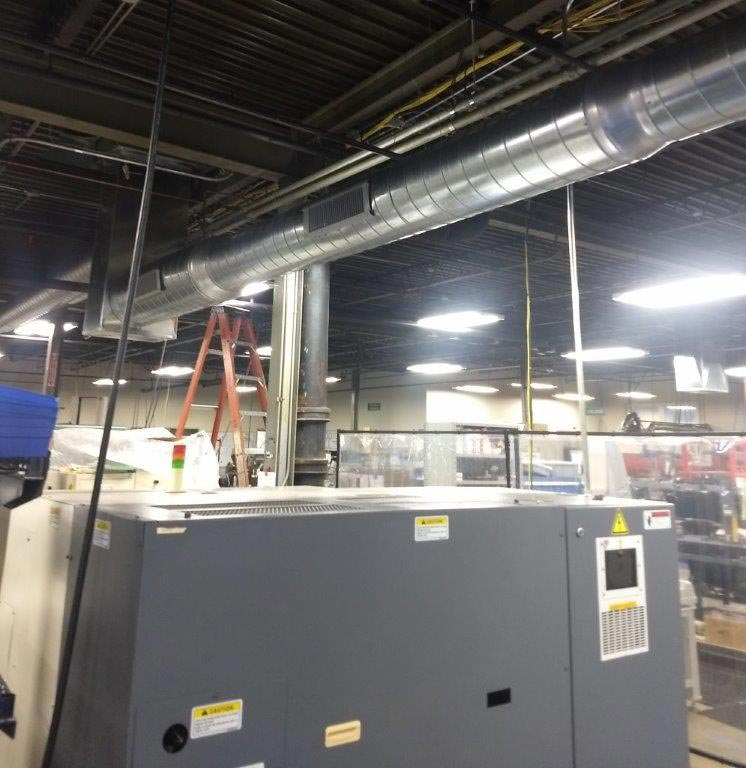Selecting the right commercial HVAC (Heating, Ventilation, and Air Conditioning) system is a vital decision for business owners and facility managers. The comfort of employees, clients, and visitors, along with your building’s operational efficiency and energy expenses depends heavily on your HVAC setup. With numerous system types available, each best suited for specific building requirements, the process can be overwhelming. This guide outlines the key considerations to help you choose a system that delivers comfort, performance, and cost-efficiency.
Understanding HVAC Systems and Building Requirements
Each commercial property has distinct needs that influence the ideal HVAC solution. Factors such as square footage, layout, occupancy, energy goals, and functionality all play a role. A thorough evaluation of these elements helps you narrow down your options and select a system tailored to your building’s usage and environmental needs.
Key Considerations for Different Building Types
1. Commercial Buildings
For smaller buildings like retail stores, restaurants, or standalone offices, Rooftop Units (RTUs) are often ideal. RTUs are compact, easy to install and maintain, and provide balanced heating and cooling for medium-sized spaces.
Larger facilities such as office buildings or warehouses typically benefit from Variable Refrigerant Flow (VRF) systems. VRF systems offer scalable performance, enabling precise temperature control across multiple zones. This flexibility supports varying occupancy patterns while enhancing energy efficiency.
2. Industrial Buildings
Industrial facilities require HVAC systems that can manage wide open spaces and specialized environmental conditions. Packaged systems and large split systems are commonly chosen for their durability and high capacity. These systems help control temperature, humidity, and airborne contaminants—critical factors in manufacturing, warehousing, and other industrial operations.
Energy Efficiency and Sustainability
Modern HVAC systems should meet high efficiency standards. Look for features such as:
-
High Seasonal Energy Efficiency Ratios (SEER)
-
ENERGY STAR® certification
-
Zoning capabilities
-
Smart thermostats
These elements reduce your building’s environmental impact while lowering monthly utility costs. In many cases, local and federal programs offer tax credits or incentives for installing energy-efficient systems.
Cost Considerations and Long-Term Value
Although high-efficiency systems may have a greater upfront cost, the long-term financial benefits are substantial. Lower energy bills, potential rebates, and fewer service interruptions contribute to a better return on investment. Always evaluate both installation and operational costs when comparing systems.
Professional Installation and Ongoing Maintenance
No matter how advanced your HVAC system is, it will only perform effectively if it is professionally installed and routinely maintained. Regular maintenance helps prevent costly repairs, maximizes energy savings, and ensures long-term reliability. Partnering with a trusted HVAC contractor is crucial for keeping your system in top shape year-round.
Get Expert Advice and Service in Cincinnati, OH
If you’re in Cincinnati, OH, and need expert guidance or service for your commercial HVAC system, Cafco Services is here to help. Our experienced team will evaluate your building’s unique needs and recommend the best HVAC solution for optimal performance and efficiency. Call us today at (513) 242-3400 or fill out our online form to get started.

